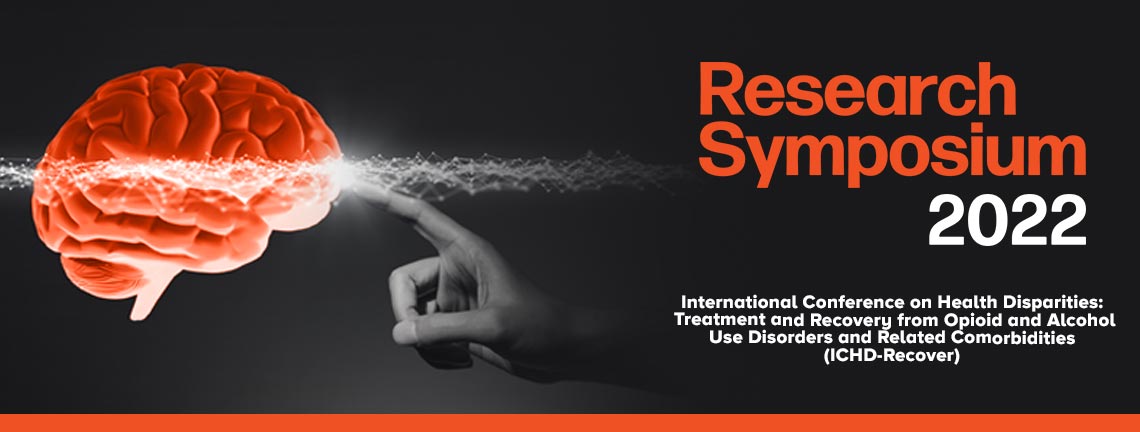
Posters
Presenting Author Academic/Professional Position
Faculty
Academic Level (Author 1)
Faculty
Academic Level (Author 2)
Faculty
Discipline/Specialty (Author 2)
Population Health and Biostatistics
Academic Level (Author 3)
Faculty
Presentation Type
Poster
Discipline Track
Community/Public Health
Abstract Type
Research/Clinical
Abstract
Background: A crisis is a serious and stressful situation that brings instability and uncertainty. Although the COVID-19 crisis includes many characteristics of other crisis, it is unique in some respects. It is a worldwide life-threatening and long-term crisis with unknown consequences. The outcomes of the COVID-19 pandemic are mostly under exploration and investigation. The effects of the pandemic on mental health are incontrovertible. The impact of the COVID-19 pandemic on communities has not been uniform. In the early stage of the pandemic, when the country and the RGV were exhausted with the numbers of those infected with COVID and the lives that were lost, the authors decided to quantify the mental and physical effects COVID-19 was having on members of the RGV community.
Methods: Research questions: Were any factors related to community members’ health during the early stage of the pandemic? If there was an association, what was the direction of those association on mental and physical health?
The study design was mainly quantitative with some qualitative approach. A convenience sample of 62 adults was taken from Idea Academy in Pharr San Juan School District of the Rio Grande Valley (RGV), a historically disadvantaged community, to explore the effects of the pandemic on their well-being.
To analyze the data, simple descriptive statistics, Chi-square and fisher’s Exact tests and logistic regression were used. The qualitative data were coded and organized to enrich the results.
Results: The results indicated that factors of marriage, a care giver role, comorbid conditions and health insurance were related to the participants’ well-being. Additionally, in the qualitative section, factors of uncertainty, having a family member as an essential worker, and media were also revealed.
Conclusions: This finding mirrors the inequality seen in pandemic era, and the necessity of supporting disadvantaged and oppressed communities during crises.
Recommended Citation
Feize, Leyla; Machiorlatti, Michael; and Enriquez, Enedina, "Exploring a Hispanic community’s well-being during the early stage of the COVID-19 pandemic" (2023). Research Symposium. 63.
https://scholarworks.utrgv.edu/somrs/2022/posters/63
Included in
Exploring a Hispanic community’s well-being during the early stage of the COVID-19 pandemic
Background: A crisis is a serious and stressful situation that brings instability and uncertainty. Although the COVID-19 crisis includes many characteristics of other crisis, it is unique in some respects. It is a worldwide life-threatening and long-term crisis with unknown consequences. The outcomes of the COVID-19 pandemic are mostly under exploration and investigation. The effects of the pandemic on mental health are incontrovertible. The impact of the COVID-19 pandemic on communities has not been uniform. In the early stage of the pandemic, when the country and the RGV were exhausted with the numbers of those infected with COVID and the lives that were lost, the authors decided to quantify the mental and physical effects COVID-19 was having on members of the RGV community.
Methods: Research questions: Were any factors related to community members’ health during the early stage of the pandemic? If there was an association, what was the direction of those association on mental and physical health?
The study design was mainly quantitative with some qualitative approach. A convenience sample of 62 adults was taken from Idea Academy in Pharr San Juan School District of the Rio Grande Valley (RGV), a historically disadvantaged community, to explore the effects of the pandemic on their well-being.
To analyze the data, simple descriptive statistics, Chi-square and fisher’s Exact tests and logistic regression were used. The qualitative data were coded and organized to enrich the results.
Results: The results indicated that factors of marriage, a care giver role, comorbid conditions and health insurance were related to the participants’ well-being. Additionally, in the qualitative section, factors of uncertainty, having a family member as an essential worker, and media were also revealed.
Conclusions: This finding mirrors the inequality seen in pandemic era, and the necessity of supporting disadvantaged and oppressed communities during crises.

